Bhubaneswar: Stressing that journalistic flavour is increasing in literature, well-known writer and researcher Asit Mohanty here on Wednesday said the space for coverage of literature in news platforms, local as well as national, is gradually shrinking.
Delivering the Ganeswar Mishra Memorial Lecture, marking the renowned litterateur’s eighth death anniversary, organised by Sateertha (a socio-cultural organisation), at Jai Bharat Centre here, Mohanty said non-fiction was overtaking fiction. “While Mathew Arnold had said ‘journalism is literature in a hurry’, the fact is literature is slowly getting less and less space and facts are placed ahead of fiction,” he pointed out, noting that Ganeswar Mishra amalgamated literature and journalism in his writings. “Mishra had keen journalistic observation and an eye for details which is reflected in his writings, especially in his features and novels,” Mohanty said.
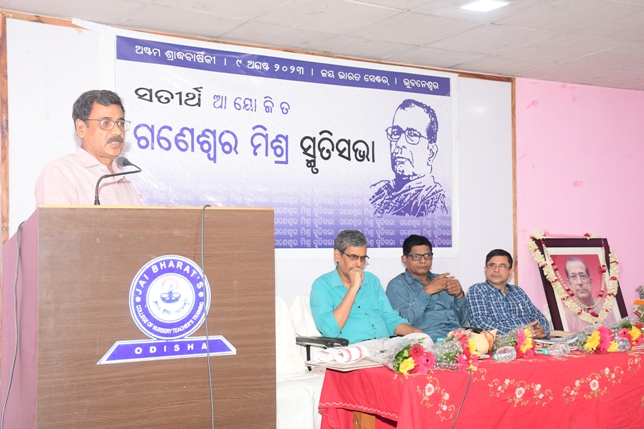
Citing the example of Mishra’s famous novels ‘Samudrika (The Sea fishermen’ and ‘Neta (The Leader)’, both based in Puri, Mohanty said Mishra captured varied dimensions of mankind and minute details of human psychology in his novels. “What he had written four to five decades ago continue to be concerns even now and are frequently reported in newspapers today,” he added.
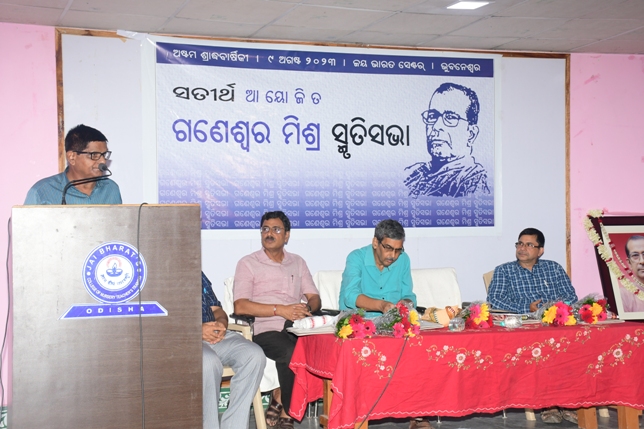
President of Odisha Sahitya Academy Hrushikesh Mallick said though as an academic Mishra taught English literature he had great depth and understanding of Odia literature. “Because of vast exposure to English and world literature and education abroad, Mishra knew the art of writing novels and wrote short and simple sentences to strike an instant chord with his readers,” Mallick said. “A new vision and approach is required to understand Mishra’s writings, from which the biggest learning is to continue living despite the struggles,” he added, while comparing Mishra’s writings with that of Fakir Mohan Senapati and Gopinath Mohanty. “If anyone has given a new approach to novel writing in Odia after Gopinath Mohanty, then it is Ganeswar Mishra,” observed.
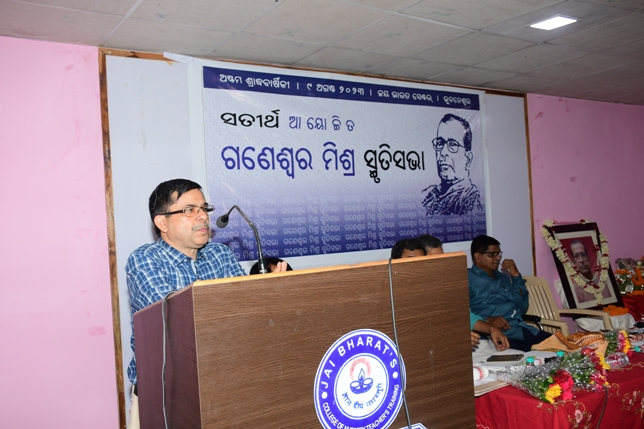
Recalling his decades-long association with Mishra as a student and subsequently as a colleague, noted translator Suvash Satpathy said Mishra continued his relationship with students throughout life and served as their mentor and guide. “Like a bitter medicine which is good for health, Mishra’s admonishing words helped many of his students build their careers,” he added.
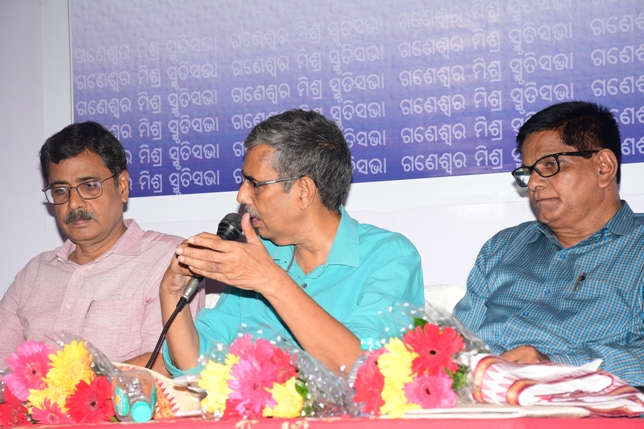
Presiding over the meeting, renowned translator and academic Prof Jatindra Kumar Nayak said Mishra believed in documentation and inspired others. “Though educated abroad and a teacher of English literature, Mishra was deeply rooted. Odia language and Puri were close to his heart. The language and culture of Puri are vividly captured in his writings,” Nayak noted.
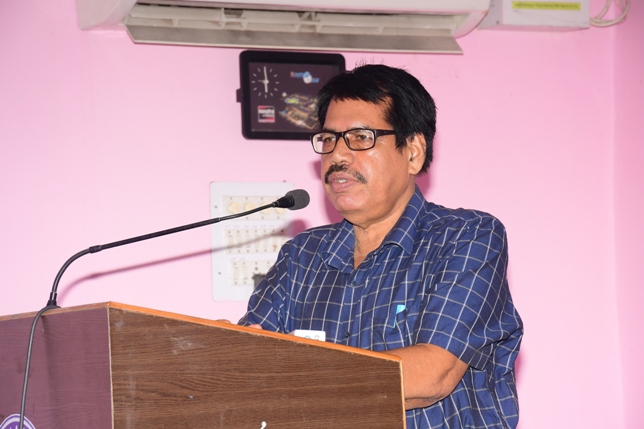
Noted litterateur Biraj Mohan Dash proposed the vote of thanks and said Mishra’s writings have a permanence which should motivate the younger generation of readers and researchers to study with new a perspective.


